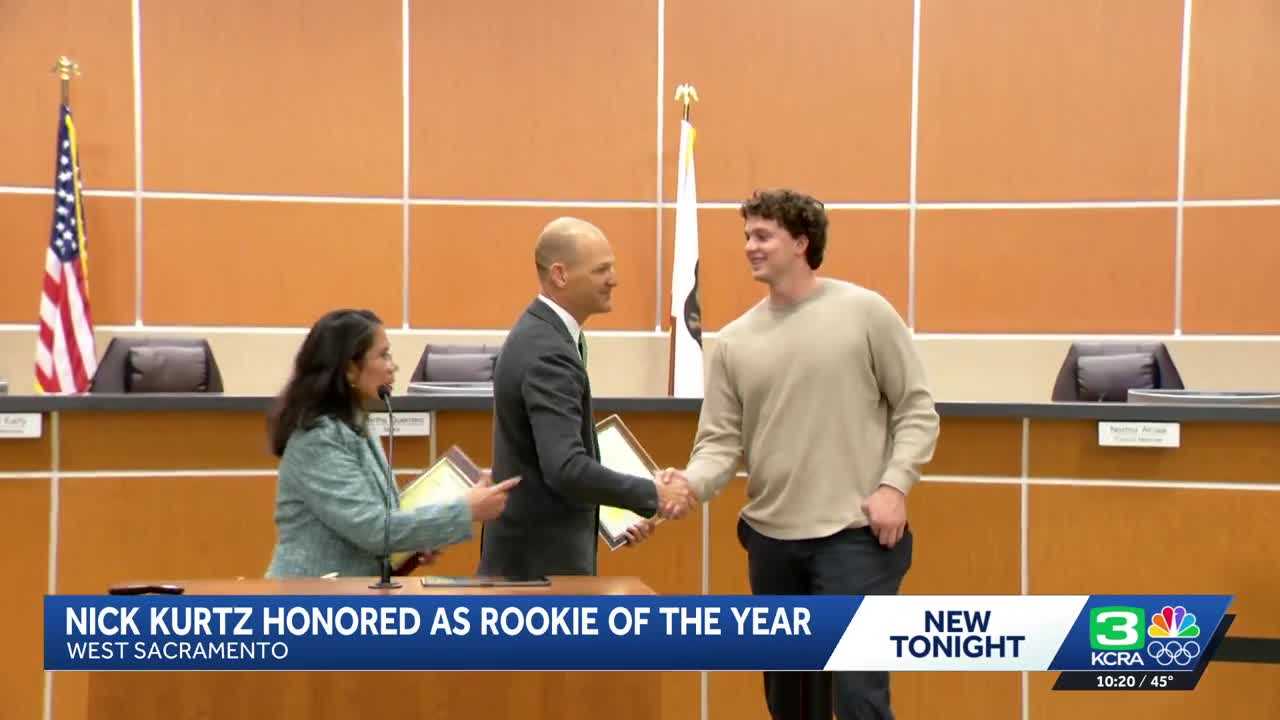
UPDATE: In a startling revelation, Rose Mary Woods, President Richard Nixon’s personal secretary, has admitted in a federal court that she accidentally caused the infamous 18 1/2-minute gap in a key Watergate tape. This unprecedented admission on November 26, 1973, has significant implications for the ongoing investigation into the Watergate scandal, a defining moment in American political history.
Woods’ statement comes as part of ongoing legal proceedings surrounding the Watergate scandal, which ultimately led to Nixon’s resignation. Her acknowledgment sheds light on a critical moment, where the missing tape has long fueled conspiracy theories and questions about accountability. This admission could alter the public’s understanding of the events leading to one of the most notorious political downfalls in U.S. history.
The Watergate scandal, which began with a break-in at the Democratic National Committee headquarters in 1972, has been scrutinized for decades. The 18 1/2-minute gap in the recorded conversations between Nixon and his chief of staff has remained a focal point for investigators and historians alike. Woods clarified that her actions caused the erasure, stating it was an accident, which adds a new layer to the narrative surrounding the scandal.
In other historical events on this date:
– In 1791, President George Washington held his first full cabinet meeting.
– The NHL was founded in 1917, replacing the National Hockey Association.
– Notably, in 1941, U.S. Secretary of State Cordell Hull delivered a crucial note to Japan, setting the stage for the attack on Pearl Harbor.
Today marks the 330th day of 2025, with only 35 days left in the year. As this story develops, the implications of Woods’ admission could resonate throughout political discussions and historical analyses in the coming days. Stay tuned for more updates as we continue to follow this evolving narrative.
The Watergate scandal remains a significant touchpoint in American politics, highlighting issues of trust, transparency, and the rule of law. Woods’ admission not only illuminates the past but also prompts a reassessment of the events that led to a pivotal moment in U.S. history.
As the world reflects on this admission, it is essential to consider its broader impact on public trust in government and the media. The ramifications of this revelation may extend beyond historical analysis, impacting discussions about accountability in today’s political landscape.






